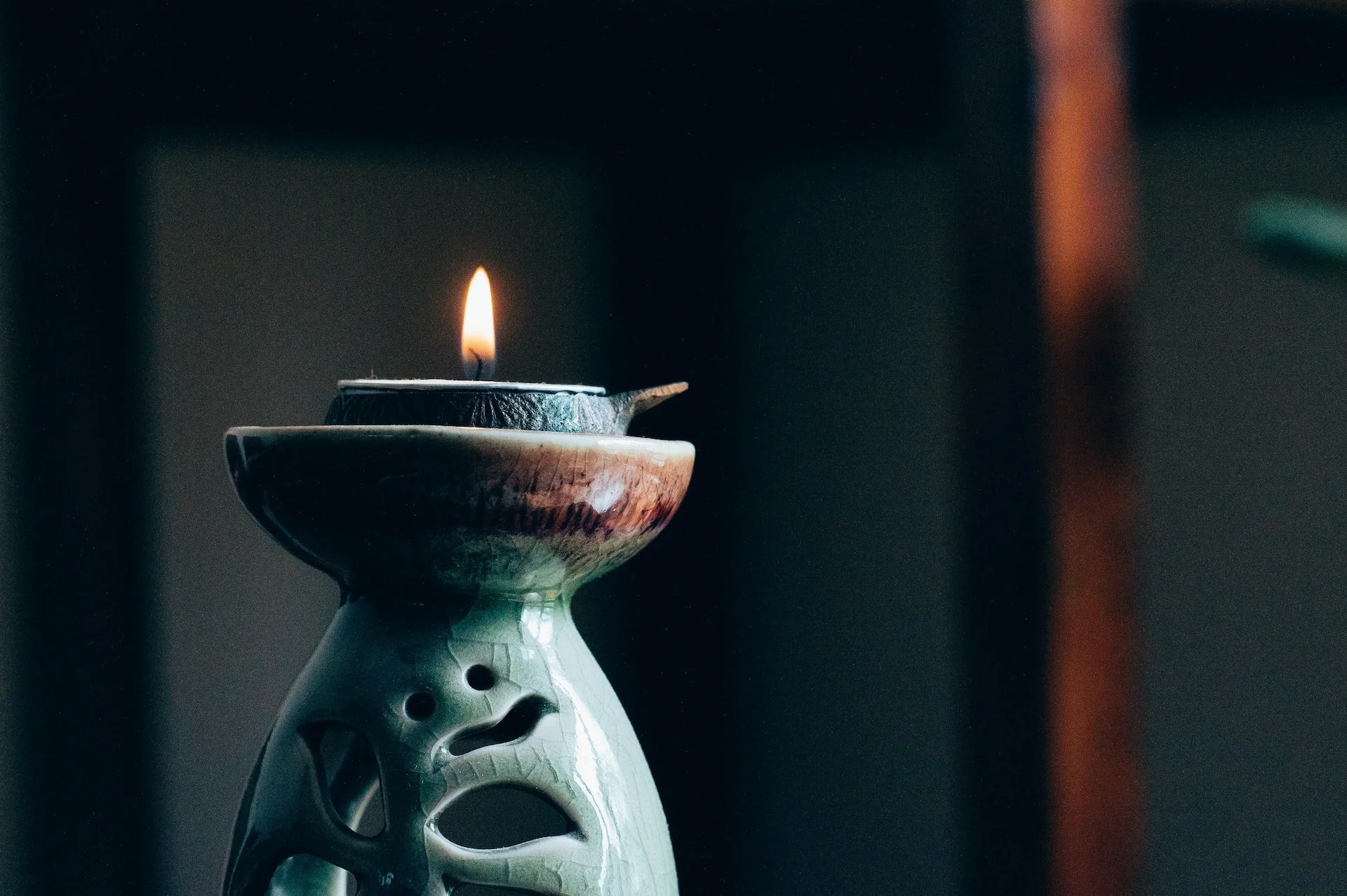United Religions Initiative (URI) Offers an Alternative
The interfaith movement has an illustrious history of bringing the major religions together to compare similarities, share differences, build relationships, and discover new ways to work together for the betterment of humanity and the world. Collateral benefits that often go unnoticed include a multitude of meetings among smaller groups, communities included in global interfaith organizing efforts, who are now able to come together in their own smaller meetings, creating new networks of friendships where few existed before.
The idea to create a global forum for preventing and responding to interreligious conflict came to URI President and Founder Rt. Rev. William E. Swing, then-Episcopal Bishop of California, asked to host a UN 50th anniversary celebration at Grace Cathedral in San Francisco in 1995. He found little interest among top religious leaders, but at the grassroots level he found a deep desire for peace and social justice. From this, the idea for a bottom-up global interfaith network was born.
Since its Charter was signed in 2000, United Religions Initiative (URI) has grown to include more than 530 grassroots groups and organizations in 78 countries. Each Cooperation Circle has its own name, size, governance and mission, but they all share in their commitment to and practice of diversity, and to advancing the central purpose and principles of URI. As URI’s director of Organizational Development for over 15 years, I’ve had a good seat from which observe and participate in developing an institution that believes in the power of people to self-organize in order to fulfill their aspirations for peace, justice and healing.
On January 4th in a hotel conference room in Kampala, Uganda, youth political leaders and leaders of Uganda’s security forces came face to face for a highly unusual meeting: a national consultation to prevent violence in the upcoming elections on February 18.





